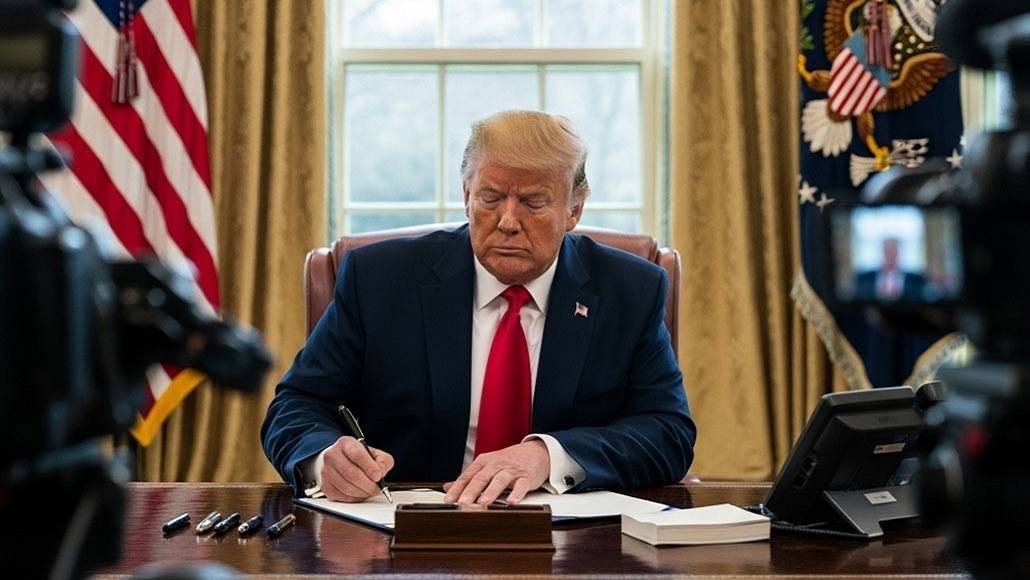US president Donald Trump has gone on to direct the health department to draw a list of drugs that are deemed to be essential and stockpile the active pharmaceutical ingredients (APIs) that they require. His executive order is going to cover 26 drugs critical to health and security interests of the nation and see them added to the strategic active pharmaceutical ingredients reserve – SAPIR.
The order notes that filling the SAPIR is going to insulate the US from the current concentration of foreign and sometimes adversary nations in the worldwide supply of certain major materials that are used to make APIs. Besides this, the government purchase of APIs so as to fill the SAPIR can go ahead and encourage more domestic API production.
The SAPIR, which had been established under President Trump’s first term of office, is overseen by the office of the assistant secretary for preparedness and response – ASPR in the Department of Health and Human Services—HHS.
It is well to be noted that the first iteration of SAPIR has identified 86 medicines as being either critical or significant when it comes to acute care with no comparable choice that is available. The initial ASPR list included the likes of the anticoagulant Eliquis (apixaban) from Pfizer/Bristol Myers Squibb, the HIV treatment Biktarvy (bictegravir) from Gilead, and Neupogen (filgrastim) from Amgen.
As per the latest executive order under President Trump, ASPR is needed so as to develop a new, decreased critical drug list in the next 30 days and cover 26 drugs critical to health by looking at how the present funding can be made use of so as to maintain a six-month supply of their APIs and go ahead and prioritize their domestic manufacturing sources.
It is well to be noted that the executive order’s direction happens to be the latest bid by the US government to grow the investment in domestic pharmaceutical production and manufacturing and follows hard on the heels of the very new FDA Pre-Check programme.
That scheme is going to offer more support as well as a streamlined application process for companies that are constructing new US facilities with the 11% of API that is at present made by US manufacturers of concern to the FDA. But this number is set to grow in the next few years, with US tariff plans already being followed by API facility investments by Lilly and AbbVie.




















